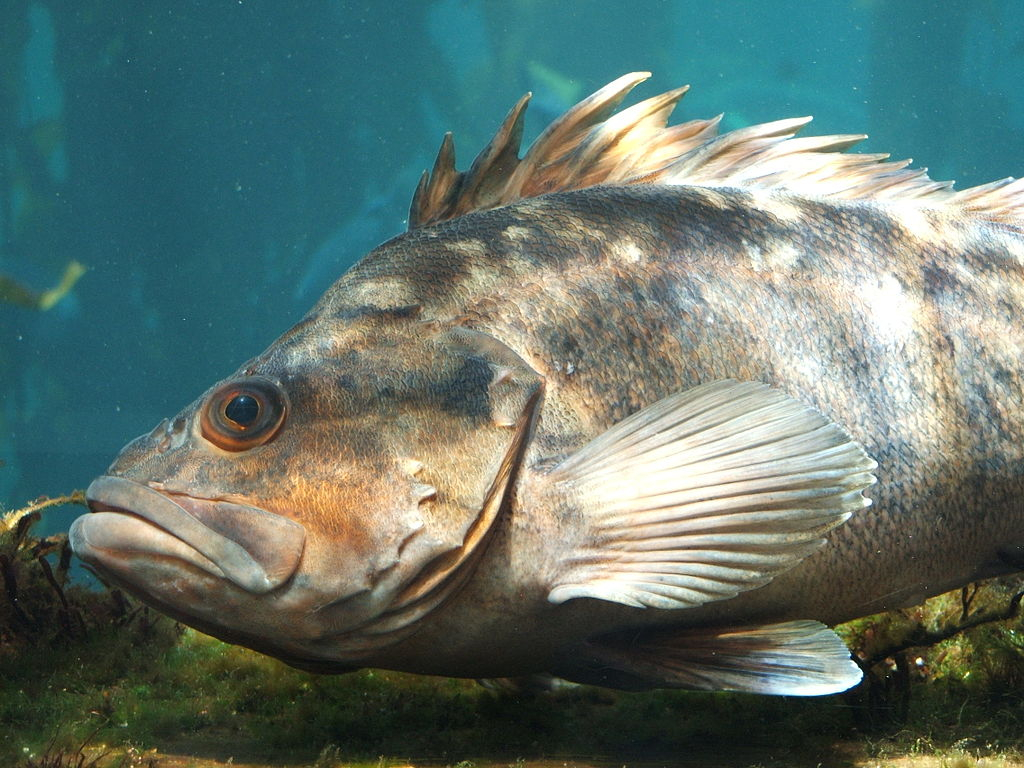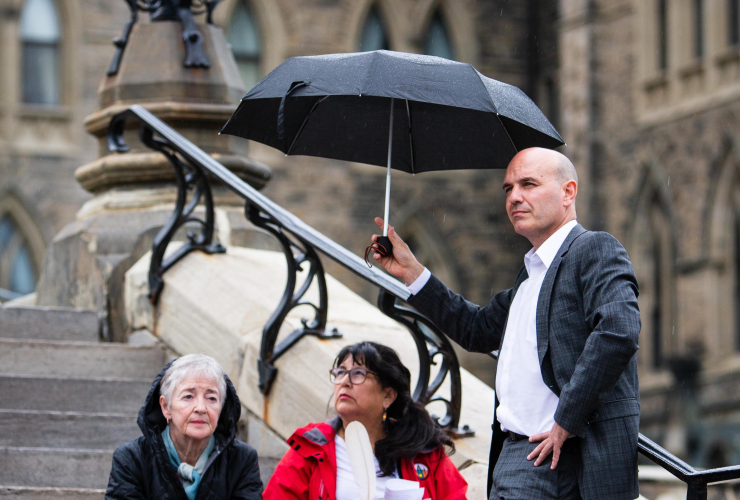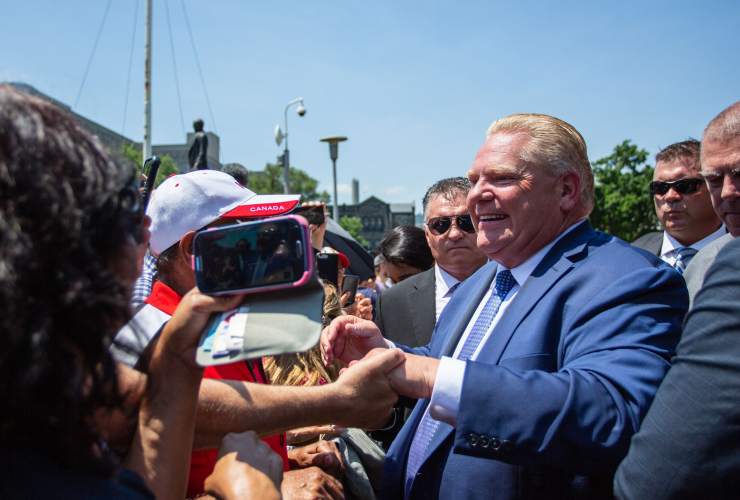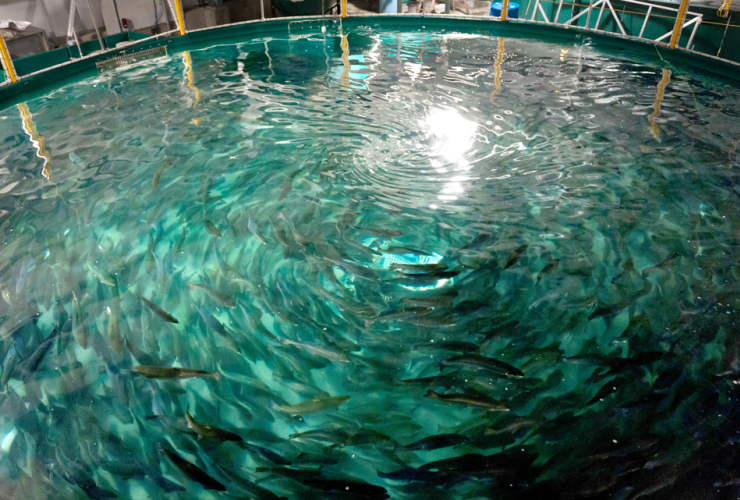A warm summer day, a cold drink and fish on the grill. It doesn’t get much better. But how do you know if your fish is sustainable? It can be a challenge — especially considering SeaChoice found just 11 per cent of seafood available in Canada in 2016 was rated as a “best choice.” Many retailers have sustainable seafood policies, but how good are they?
To help consumers choose wisely, SeaChoice used to rank seafood using a traffic light system — red (avoid), yellow (some concerns) and green (best choice). U.S.-based Monterey Bay Aquarium’s Seafood Watch program and Canada’s Ocean Wise continue to offer similar rankings. SeaChoice recently launched its Seafood Progress online resource to shift the focus to retailers, but with consumers in mind.
Although all major Canadian retailers have made a commitment to sustainable seafood, their products and definitions of “sustainable” vary, which can make consumer choices difficult. Using information from retailers and public sources, SeaChoice — a Living Oceans Society, Ecology Action Centre and David Suzuki Foundation partnership — is applying 22 performance indicators to assess sustainable seafood commitments made by Buy-Low Foods, Costco, Co-op, Loblaws, Metro, Save-On-Foods, Safeway, Sobeys and Walmart Canada. The indicators are based on “six steps that form the vision for sustainable seafood developed by environmental groups across North America.”
According to the Seafood Progress Year 1 report, “The average assessment scores show that while most retailers have detailed policies and are collecting important information about the seafood they source, they can do a better job increasing transparency by making that information public and supporting improvements to fisheries and fish farms.” In other words, they may have policies, but without transparency, it’s difficult to know if they’re living up to them.
On average, retailers did well on three of the six steps: Make a public commitment, collect data and source responsibly. Some needed improvement on two steps: Be transparent and educate. All scored lower on the sixth: Support improvements. The last is important in bringing about changes on the water. “If retailers are going to sell some of the more unsustainable seafood products available in Canada, they should be taking action to improve fisheries and farm practices,” the report says.
The assessments will help retailers strengthen their policies, give them more opportunities to work with suppliers to improve fisheries and aquaculture practices, and help consumers make better choices. As well as environmental issues, SeaChoice also analyzed retailer’s social responsibility commitments and recommends that most retailers “take action to confirm that no human rights abuses or labour violations are taking place in their supply chain.”
SeaChoice recommends retailers label products with “the species’ scientific (Latin) name, country of origin, whether it is wild or farmed, and the gear type or farming method,” but found that only one retailer, Metro, included such comprehensive information. It might seem like a lot to put on a label, but the European Union requires all retailers to meet these standards.
To illustrate the need for comprehensive labelling, including the scientific name, SeaChoice found more than 200 rockfish species can be sold as snapper and 58 per cent of rockfish sampled from Canadian retailers was mislabelled.
Seafood Progress is designed in part to encourage retailers to live up to and improve their seafood procurement policies, and in doing so improve production practices overall. But it also allows consumers to click on a particular retailer to learn how ambitious its environmental sustainability, social responsibility and traceability aims are, and how well it’s meeting its commitments.
Oceans and the life they support face many threats, from pollution and climate change to ever-increasing ship traffic and noise. Aquaculture has the potential to take some pressure off wild seafood stocks, but it also brings its own challenges, including escapes, pollution and parasite and disease transmission to wild fish.
Choosing fish, shellfish and seaweed products that don’t add to the threats is made difficult by the many factors that determine sustainability. With programs like Seafood Progress, consumers can support retailers that follow best practices, while retailers can demonstrate corporate responsibility and help the seafood industry progress toward sustainability.
If we manage fisheries and aquaculture operations properly, we can continue to enjoy these important food sources for generations to come.
David Suzuki is a scientist, broadcaster, author and co-founder of the David Suzuki Foundation. Written with contributions from David Suzuki Foundation Senior Editor Ian Hanington.







Comments